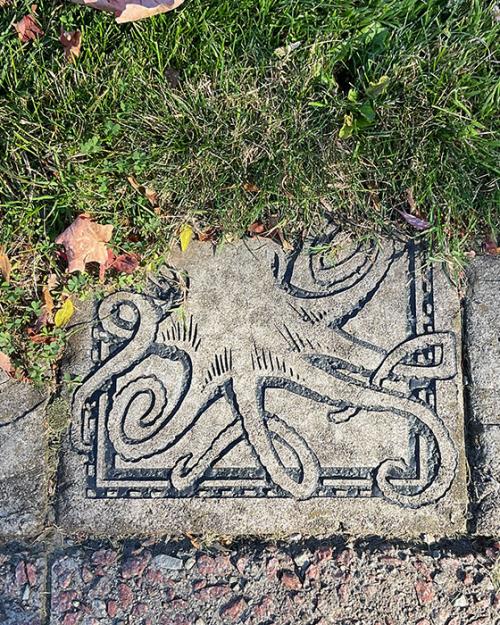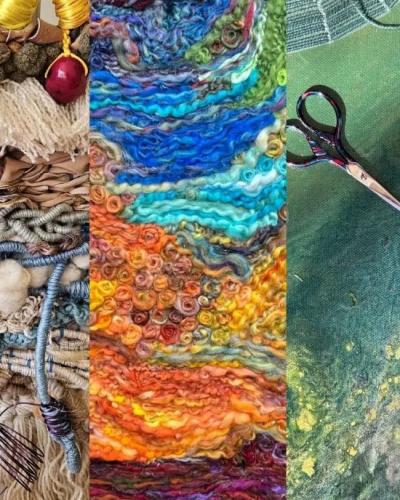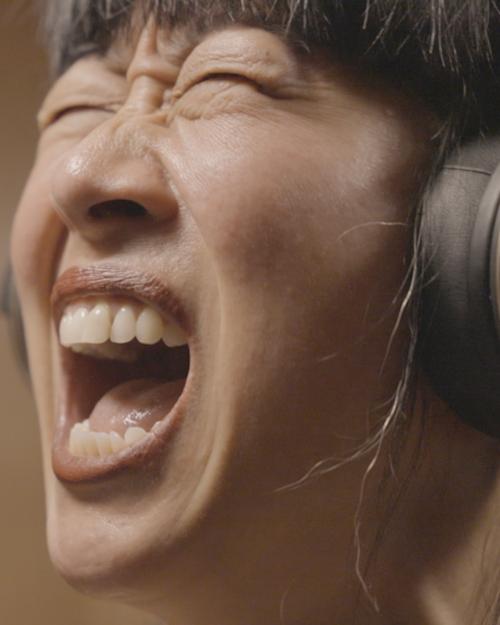The deep history of human occupation across all of North America is Indigenous history – in fact, over 98 percent of human occupation in the Ithaca area took place before European-American settlers arrived. Americans and Canadians, both rural and urban, move through Indigenous lands and encounter Indigenous heritage as they go about their daily lives, even if they are not aware they are doing so.
This is more than a matter of poorly-designed high school curricula or a lack of Indigenous-related public commemoration, although both these issues certainly factor in. Mainstream settlers participate in a troubling process of erasing the Indigenous presence on the landscape. Some of this is tied into processes of settler colonialism, the deep-seated process of removing Indigenous people and destroying cultures and at the same time covering over the true history of the continent with gleaming narratives that celebrate colonialism as progress, justice, and inevitability. Physically, settlers replace Indigenous landscapes, commemorations, and sacred places with constructions and stories of their own preference.
The current state of public discourse in Central and Western New York misses the mark in two fundamental ways. First, it neglects Indigenous presence. Several Indigenous Nations in what is now called New York State have retained portions of their ancestral lands as territories or reservations, where they work to maintain and enhance their political sovereignty, and revitalize language and culture. Some New York State nation territories are growing, as Nations take more territory under their control. While most of these nation territories are in rural places – mostly pushed by settlers into obscure corners of the state – many Indigenous individuals also live outside their communities and ancestral homelands in rural areas, small towns, and cities. The Indigenous population in North America is in fact growing at a very rapid rate, and the U.S. Census Bureau estimates that there will be over 10 million Indigenous people in the country by 2060. Indigenous communities are numerous, populous, and thriving.
More broadly, Indigenous Nations have not given up their traditional territories. Indigenous people continue their responsibilities to the lands and waters of their territories, watch over settlers’ use and abuse of those lands, and advocate for more sustainable use.
Second, public discourse about historical factors that have led to Indigenous absence also is lacking. Many residents of Central and Western New York believe that Indigenous people were pushed out of their homelands because the United States “won the war” (meaning the American Revolution). The reality is much more complex, involving centuries of treaty negotiations, commitments by the federal and New York State governments (often broken), legal contestation, and ongoing resistance. Public knowledge also fails to recognize the genocidal actions of Americans, which range from the scorched-earth Sullivan-Clinton campaign of 1779 to attempts to break the spirit of Indigenous youth through Western-style, English-only “education” in Indian boarding schools. Contemporary settlers further fail to recognize that their use and enjoyment of Indigenous lands is an ongoing injustice, as Indigenous peoples can no longer benefit from the ample resources and beautiful landscapes that their ancestors frequented.
The initiative, supported by the Andrew W. Mellon Foundation, features a Radically Indigenous focus in the academic year 2021-22, collaborating with the American Indian & Indigenous Studies Program, Cornell faculty, and local community partners to host a series of events addressing the past, present, and future of Indigenous lives in Central New York and beyond. Events will include webinars, podcasts, and discussions with invited guests. We will also provide microgrants (up to $1,000) to students to undertake small, independent research projects on any aspect of Indigeneity in Ithaca and Central New York. Faculty are invited to apply for collaborative grants up to $10,000 per year.
The Spring Seminar (SHUM 4800/6800) for advanced undergraduate and graduate students will be dedicated to the Radically Indigenous theme. Led by Jolene Rickard (Ska:rù:rę'/Tuscarora), associate professor of art and history of art, this seminar Indigenous relationships to place through the framework of Tekaniguswentah or Two Row Wampum. This seminar is intended to train students in the various methods and practices of public humanities and community-engaged work, to think collectively with and beyond disciplinary interests, and to share research on rural Indigenous lives with local communities and a broader national public. Finally, the Summer Practicum in 2022 will support Radically Indigenous student projects.





